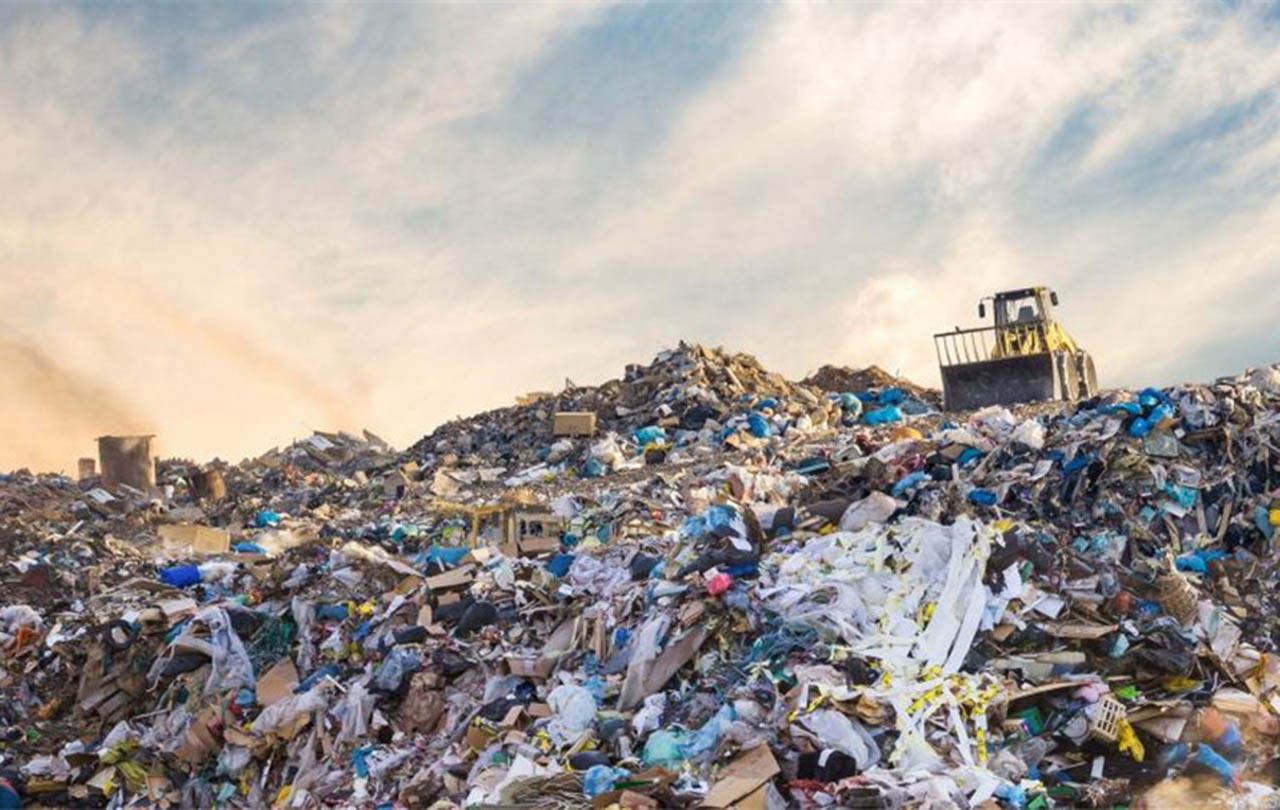Global effort
Canada – will ban a range of single-use plastic products by the end of 2021.
Last year, 170 nations pledged to "significantly reduce" use of plastic by 2030. And many have already started by proposing or imposing rules on certain single-use plastics:
Kenya – banned single-use plastic bags in 2017 and, this June, prohibited visitors from taking single-use plastics such as water bottles and disposable plates into national parks, forests, beaches, and conservation areas.
Zimbabwe – introduced a ban on polystyrene food containers in 2017, with fines of between $30 to $5,000 for anyone breaking the rules.
United Kingdom – introduced a tax on plastic bags in 2015 and banned the sale of products containing microbeads, like shower gels and face scrubs, in 2018. A ban on supplying plastic straws, stirrers and cotton buds recently came into force in England.
United States – New York, California and Hawaii are among states to have banned single-use plastic bags, though there is no federal ban.
The European Union – plans to ban single-use plastic items such as straws, forks, knives and cotton buds by 2021.
China – has announced a plan to ban non-degradable bags in all cities and towns by 2022. Single-use straws will also be banned in the restaurant industry by the end of 2020.
India – instead of a proposed nationwide ban on plastic bags, cups and straws, states are being asked to enforce existing rules on the storage, manufacture and use of some single-use plastics.
Systemic approach
Plastics bans are only part of the solution. After all, plastic is a cheap and versatile solution to many problems, and is used effectively in many applications from preserving food to saving lives in healthcare.
So to create real change, moving to a circular economy in which products don’t end up as waste will be vital.
UK charity the Ellen MacArthur Foundation’s New Plastics Economy initiative aims to help the world make this transition. It says we can do this if we:
Eliminate all problematic and unnecessary plastic items.
Innovate to ensure that the plastics we do need are reusable, recyclable, or compostable.
Circulate all the plastic items we use to keep them in the economy and out of the environment.
“We need to innovate to create new materials and reuse business models,” the organization’s founder Ellen MacArthur says. “And we need improved infrastructure to ensure all plastics we use are circulated in the economy and never become waste or pollution.
“The question is not whether a circular economy for plastic is possible, but what we will do together to make it happen."
MacArthur was speaking at the launch of a recent report on the urgent need for a circular economy in plastics, called Breaking the Plastic Wave.
It shows that, compared with a business-as-usual scenario, the circular economy has the potential to reduce the annual volume of plastics entering our oceans by 80%. A circular approach could also reduce greenhouse gas emissions by 25%, generate savings of $200 billion per year, and create 700,000 additional jobs by 2040.
The World Economic Forum’s Global Plastic Action Partnership is working to help shape a more sustainable and inclusive world by eradicating plastic pollution.
It brings together governments, businesses and civil society to translate commitments into meaningful action at both the global and national levels.
Materials
Our bags are 100% biodegradable and 100% compostable and are made from plants (corn), PLA (made from corn + corn starch) and PBAT (a binding agent/resin added for stretch).
* Many products claim to be ‘100% BIODEGRADABLE’ and please note that our bags are NOT plastic bags with a biodegradable agent added... companies that are selling these type of "biodegradable" bags are still using 75-99% plastic to make these which can release harmful and toxic microplastics as they breakdown into the soil.
When you are finished using our bags, fill with food scraps or garden clippings and place in your home compost bin and watch it breakdown within the next 6 months. If you do not have a home compost you find an industrial compost facility in your area.

If you currently do not compost at home, you totally should, it's way easier than you think and you'll be making an environmental impact by reducing your waste and will be left with amazing nutrient dense garden soil in return.
If you do not compost and do not have an industrial facility in your area then the next best place to put the bags is your trash as they will still break down in the landfill, it will just take roughly 2 years as oppose to 90 days. Plastic bags can take up to 1000 years!
Please do NOT put these plant based bags in your recycling bin as they will not be accepted by any standard recycling plant.
Our Materials
PLA (Polylactide) is a bio-based, 100% biodegradable material made from renewable plant material (corn starch).
The field CORN we use to create our bags is not suitable for consumption but is great to use as an end use for packaging materials like our bags. The use of PLA makes up less than 0.05% of the annual global corn crop, making it an incredibly low-impact resource. PLA also takes over 60% less energy than regular plastics to produce, it’s non-toxic, and generates over 65% fewer greenhouse gases.
PBAT (Polybutyrate Adipate Terephthalate) is a bio-based polymer which is incredibly biodegradable and will decompose in a home compost setting, leaving no toxic residues in its place.
The only negative is that PBAT is partly derived from a petroleum-based material and made into a resin, which means it’s not renewable. Surprisingly, it is the PBAT ingredient that is added to make the bags degrade quickly enough to meet the home compostability criteria of 190 days. There are not currently any plant based resins available on the market.
Post time: Sep-13-2022





